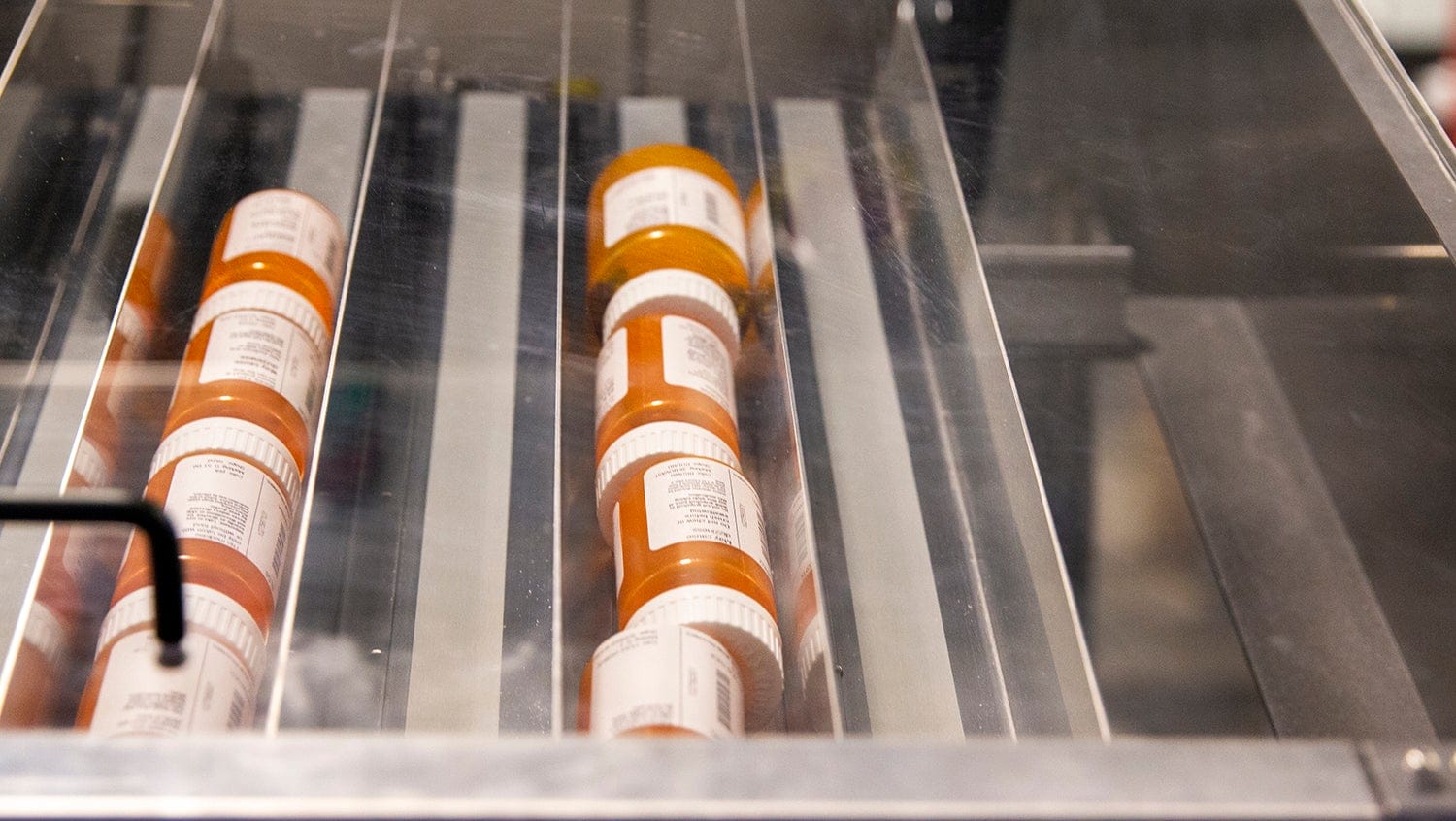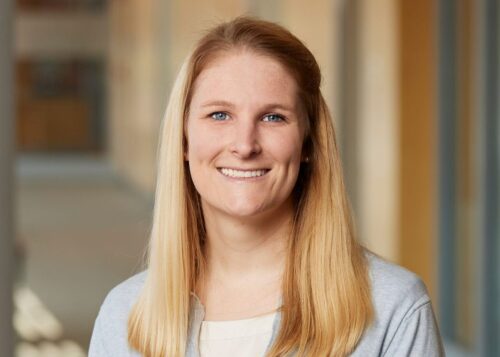How Cornerstone Health Solutions' Mail-Order Pharmacy Service Has Extended Access During Stay-at-Home Orders
April 27, 2020
By Dave Wedge

Matthew Morris
An existing service goes full-tilt to root deeper into the community and extend mail-order pharmacy to more patients.
Disruptions in prescription availability can have serious consequences for patients with chronic conditions like heart disease, diabetes, epilepsy, and mental health disorders. In some cases, missing even a single dose can be dangerous. During the current pandemic, some fear they are at risk of missing doses or being unable to get their meds at all as pharmacies scale back on in-person services and social distancing recommendations limit the ability to pick up prescriptions safely. Many pharmacies are driving volume to mail-order pharmacy and delivery services in response.
Boston Medical Center, a hospital that has been particularly hard-hit in the pandemic for its dedication to serving vulnerable patients, is working hard to ease tensions by stepping up home deliveries to accommodate those who need medicine but should not risk leaving home — and an existing service has positioned them well to transition without lags in care and prescription access. Long before the coronavirus crisis, Boston Medical Center (BMC) had established its mail-order pharmacy solution, Cornerstone Health Solutions, to ensure swift delivery of prescriptions to patients with complex needs and to help address high healthcare utilization rates. Now the hospital is now leaning on that service to help ensure that medication disruptions don’t occur for any patient.
Newer pharmacies at BMC’s partner community health centers (CHCs) Codman Square Health Center in Dorchester and Manet Community Health Center also now have access to the mail-order service, an extension of the BMC’s pharmacy network that was “a natural progression,” says Sebastian Hamilton, PharmD, the associate chief pharmacist at BMC. The CHCs are seeing record-high prescription volumes, and an automated system means that orders and deliveries are closely monitored to help ensure patients are taking prescribed doses.
Hamilton spoke with the health system’s CEO Kate Walsh recently about changes in the pharmacy department to adapt to the pandemic. Watch their whole conversation about adherence, compliance, and the automation and metrics that make mail-order pharmacy so valuable:
Kate Walsh: How has pharmacy been preparing, specifically on the ambulatory side of our pharmacy?
Sebastian Hamilton: We’ve been there for our patients for years now in the traditional retail pharmacy space. But one of the things we’ve been doing now with the COVID epidemic is driving a lot of volume into our mail-order pharmacies, and we find that to be very successful from a number of standpoints.
KW: We didn’t start that service a month ago, though, so tell me a little bit about the mail-order pharmacy and the work you’ve been doing.
SH: Back in 2017, we were fortunate enough to open up our mail-order pharmacy, which is a 7,200 square foot facility with state-of-the-art automation that interfaces with all our pharmacies on campus and can count upwards of 250 prescriptions per hour. Some of our patients are challenged, they don’t have transportation at their disposal… so we know mail order was a good solution. We really tried to fully load that facility with all the mail order prescriptions at that time, in 2017 and 2018. Fast forward to 2020 during the COVID epidemic, it was just a natural progression — we’ve already been doing it; driving volume there now is just turning onto full tilt.
KW: It’s one thing to get the prescription in someone’s hand — we also need to know if people are actually taking their medications. How do we track that?
SH: We have metrics that track how often the patient is getting their medications picked up to know that they’re being compliant. Specifically around ACO members who are the high utilizers, we want to make sure that they get the most attention so they don’t move into the highest category of risk. We look at their compliance with their medication and then have more interventions involved, whether it’s a pharmacist or technician reaching out to the patient proactively and then using the mail order pharmacist or delivery in a clinic or delivery via courier service to make sure they get their medications at their doorstep so they can continue to be compliant.
KW: Before we began our preparedness and response to COVID-19, you were working with community health centers to connect our pharmacy efforts more directly to the communities we serve. How has COVID changed that?
SH: In December of 2019, we went live at Codman Square. We’d been working with their leadership to bring the pharmacy online for months prior to that point, and it was doing very well for the first month, January and February. In March, we opened up our retail pharmacy with Manet Community Health Center. I remember some of the IT team asking, “Who goes live and opens a pharmacy during COVID?” Well, BMC does. That’s what we do.
It was actually perfect timing for those two community health centers because they closed their clinic visits. There was no traffic in those buildings at all. However, everyone comes in the building to visit pharmacy, which is still a high-traffic department. What we’ve been doing to try to revert patients back to home is drive those prescriptions to our mail-order pharmacy.
Had these community health centers not partnered with us, this option would not have been available to those patients. So now they’re part of BMC — they get all the privileges of being one of the BMC team members, which is our mail order pharmacy. We extended that opportunity to every patient, let the providers know, sent scripts into our Cornerstone Health Solutions mail order pharmacy. We’re seeing some record highs of prescription volumes in our community health centers.
KW: And that information gets fed back to our health center colleagues so they know that their patients are getting their prescriptions and, more importantly, taking their medicines as prescribed.
SH: Correct. What’s also important during this time where they don’t see any clinic visits is knowing that the pharmacy still can provide a fiscal solvency to them to some capacity.
This interview has been edited and condensed.


